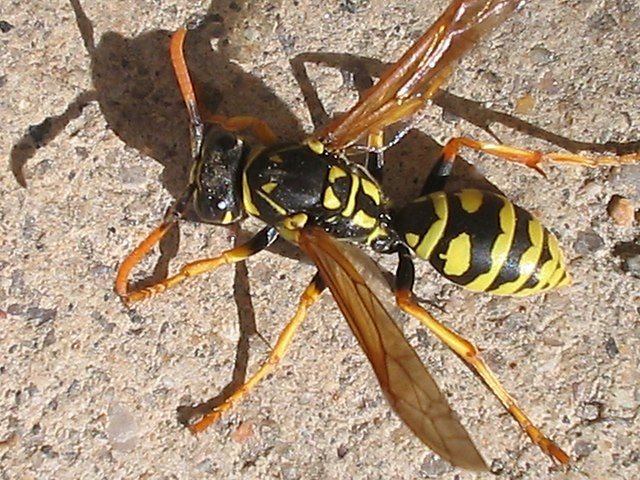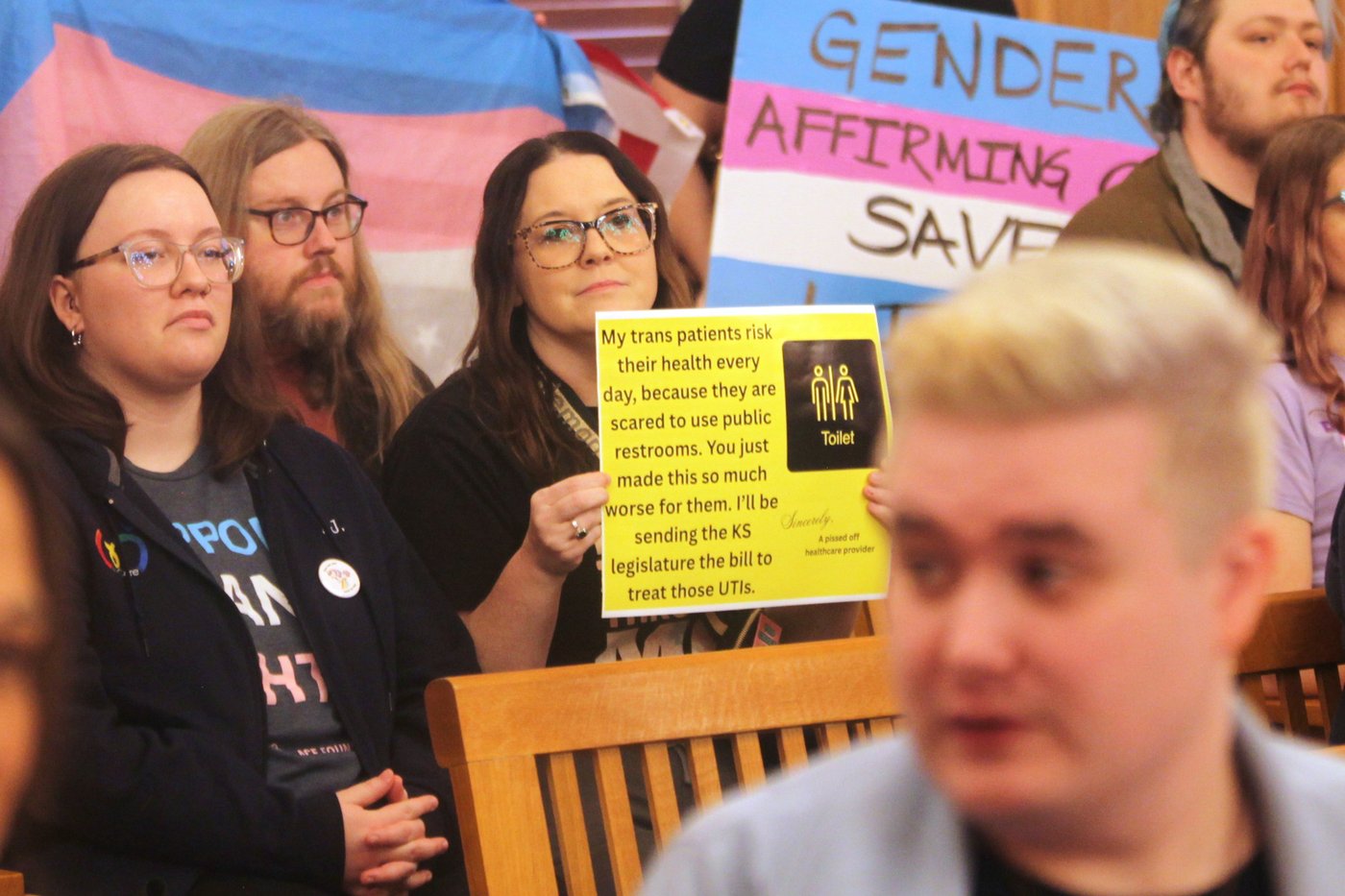Guard your food, wasps are looking to invade your barbecue in Kamloops, Okanagan
If you’re noticing more wasps at your backyard barbecue it’s because they're hungry and looking to steal a bite of your meat.
While some areas of the province have reported higher than usual numbers of wasps out this season, professor of entomology at Kamloops's Thompson Rivers University Dr. Rob Higgins isn’t so sure.
“It’s very subjective because no one actually tracks wasp populations,” he said. “I was expecting more wasps this year because what affects population is the previous winter.”
He said wasps only exist for a year and then die, while the queens overwinter in crevices in the ground. Most queens will die of cold but last winter was mild.
“It surprises me more queens didn’t survive to make more colonies this year,” he said.
Regardless of whether some areas are seeing an explosion of wasps or not the insects are always around more than usual at this time of the year.
“Most of these are yellow jackets,” Higgins said. “The nests are done and we’re seeing more worker wasps just taking care of themselves, they’re not working to raise larvae anymore. They can be more interactive with people in the fall.”
He said the wasps can be aggressive. They tend to mostly nest in the ground but will form aerial nests. People walk by and the vibrations set of the workers in defence of their colony and “trouble arises.”
While wasps tend to have a bad reputation for their painful stings, Higgins said they are an important part of the environment.
“They’re really important in removing caterpillars and pests from trees, they’re probably the most significant pest removal agents out there,” he said. “For people who have gardens unbeknownst to you a lot of things that would be munching your crops are being removed by wasps.”
Higgins said wasps should be left alone unless they are in a dangerous location. The nests are running down and the wasps are dying with no new wasps being produced.
Jennifer Lipka is science student in the Faculty of Land and Food Systems at UBC. She studies bees and agriculture.While her focus isn’t on wasps they are in the same order as the bees she studies.
Lipke lives in the Lower Mainland where she’s seeing “an explosion of yellow jackets.”
“We found three hives just within 100 metres of our door which has never happened before,” she said. “There are quite a lot more wasps this year.”
Lipke also said the wasps are beneficial to our ecological systems and should be left alone when possible.
“The yellow jacket is a scavenger species so they look for dead meat to take to their young,” she said. “They help with the decomposition process in the environment.”
READ MORE: Two-thirds of British Columbians are against using animals in rodeos: poll
She said the wasps are “regular barbecue attendees” this time of year because they are after meat and nectar from sugary drinks because food sources are running out and colonies are dying, but flailing around swatting them isn’t a wise idea.
“I believe wasps don’t intend to hurt you, they just defend their nests,” she said. “If you’re swatting them at a barbecue and screaming, you’ll make them more scared because you’re a threat at that point. If there is a wasp bothering you just put a little piece of meat at the end of the table and they will go to that.”
READ MORE: There are native mussels in the Okanagan. Here's why they're important
Lipke doesn’t know why she’s seeing more wasps than usual where she lives but speculated it could be due to a change in weather patterns or a change in food abundency.
To contact a reporter for this story, email Shannon Ainslie or call 250-819-6089 or email the editor. You can also submit photos, videos or news tips to the newsroom and be entered to win a monthly prize draw.
We welcome your comments and opinions on our stories but play nice. We won't censor or delete comments unless they contain off-topic statements or links, unnecessary vulgarity, false facts, spam or obviously fake profiles. If you have any concerns about what you see in comments, email the editor in the link above. SUBSCRIBE to our awesome newsletter here.





